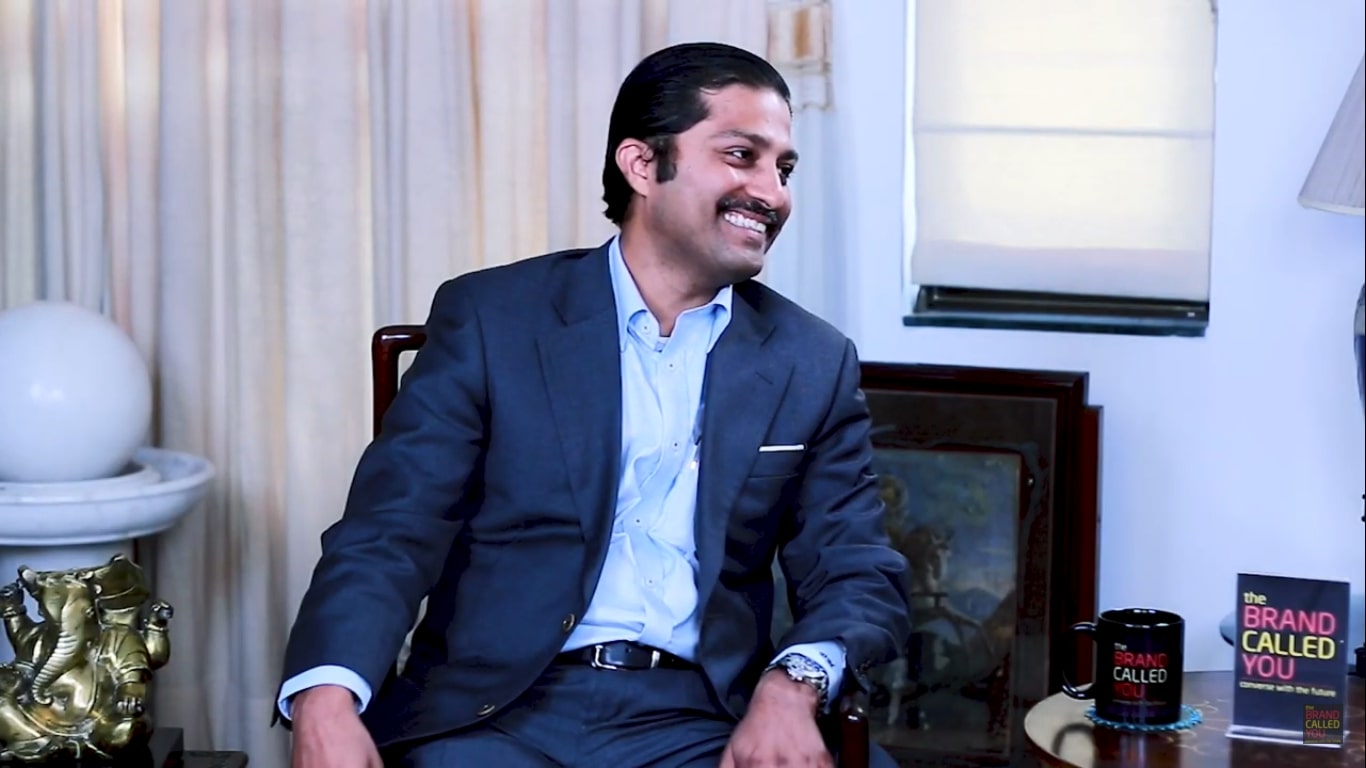Podcast: Play in new window | Download
Follow TBCY RSS
Debashish Mukherjee is a respected professional who has been working with A.T. Kearney since 2000 as Partner and Regional Lead – Middle East & Africa. He studied at IIT Kharagpur and then IIM Calcutta. He also featured in the Economic Times ‘40 under 40’ list in 2015.
In his 20 years at Kearney, he helped clients across multiple industries and countries achieve their operational and strategic goals. He is fascinated by consumer behaviour and choices. In 2019, he moved to Dubai to head Kearney’s consumer and retail practice in the Middle East.
He chose consulting without much thought. “It might sound simplistic, but it’s the truth. At that age, I really did not have much knowledge of what it entails.”
On what Operational transformation means
“Our DNA at A.T. Kearney and my own DNA is action. It is about making change happen and making that change stick. A certain level of criteria has to be satisfied for us to be able to serve clients and add value. Operations is the area that affects the PnL and the Balance Sheet. So first of all, there has to be a PnL aspect or a balance sheet aspect. There is a strategy aspect to operations but leaving the portfolio side aside, operations is about decisions like what product to launch, is the pricing correct etc. So in some ways it is a large term but it’s all about the here and now and making things happen that affect the PnL and the balance sheet.”
Transformation, he explains, is fundamentally about doing things differently. They try to transform the full cycle because otherwise there is no accountability for the outcomes. “We take responsibility even commercially. Typically we take care of the end to end life cycle.”
Work practices in our country vs MNCs
Debashis is reluctant to generalize but says that in the more developed countries, things are more systemized. He cites a commonly relatable example –
“Say if you had to change a door handle or lock, firstly it would cost 10 times as much in the middle east or Europe. However, the person who shows up will provide an end-to-end solution. He will change the lock, offer a better alternative, touch it up with paint. In the end, your door will be brand new. In India, first you call someone to take out the lock, then a different carpenter, then a painter to touch up. It is much more satisfying with someone who provides the complete solution as opposed to multiple interactions. It is the same with companies. Companies outside are much more systemized but that results in slight loss of flexibility and agility.”
On staying with one organization for a long time
“A job is like a marriage. You have to recommit to it every year.”
Debashish thinks that just because he has been in the same company for 20 years, doesn’t mean that either him or the company can be fooled. It means that both have assessed periodically what is the most beneficial to themselves. The equation has to work out on either side.
He also thinks that people who change jobs frequently generally try to escape a situation that might eventually change in the same company. His motto is to stick and face the tough bits to reap rewards later. He is quick to point out that sometimes one gets a ‘blockbuster’ opportunity.
“Maybe I haven’t been lucky enough to get that, which is why I’ve stuck.”
On failure
Debashish says that every failure is different but there are some common learnings from all his failures. The first is to not prejudge a situation. He says that people tend to form notions about the outcome of something right from the beginning and that can lead to premeditating the failure.
He also advocates getting a lot of reliable opinions.
“Find the balance between great vision and understanding risks.”


